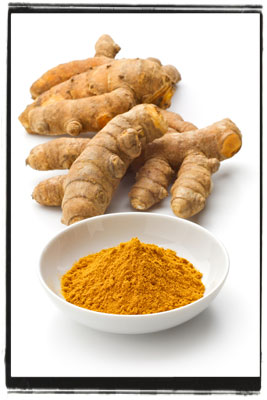
Turmeric has been given the crown of glory, the gem of all gems, a magic wand status if you will, when it comes to treating everything from inflammation to gastrointestinal disorders, adding it to popcorn, cereals, smoothies, casseroles, and more. But how does it measure up?
According to Mary Beth Sodus, a nutrition therapist at the University of Maryland Medical Center, turmeric contains only about 3% curcumin, which is the actual health-promoting ingredient in turmeric. "One would never be able to eat enough turmeric to get it to a therapeutic dose," she said. (Prevention Magazine - September 2017)
There are many turmeric capsules on the market today that contain formulas that include therapeutic doses of curcumin. But the manufacturers of these supplements warn that taking too high an amount could cause unpleasant side effects such as nausea, diarrhea, and increased risk of bleeding. Other side effects might include increased liver function tests, hyperactive gallbladder contractions, hypotension (lowered blood pressure), uterine contractions in pregnant women, and increased menstrual flow.
As with any product of this kind, we recommend that you check with your physician before starting it.

